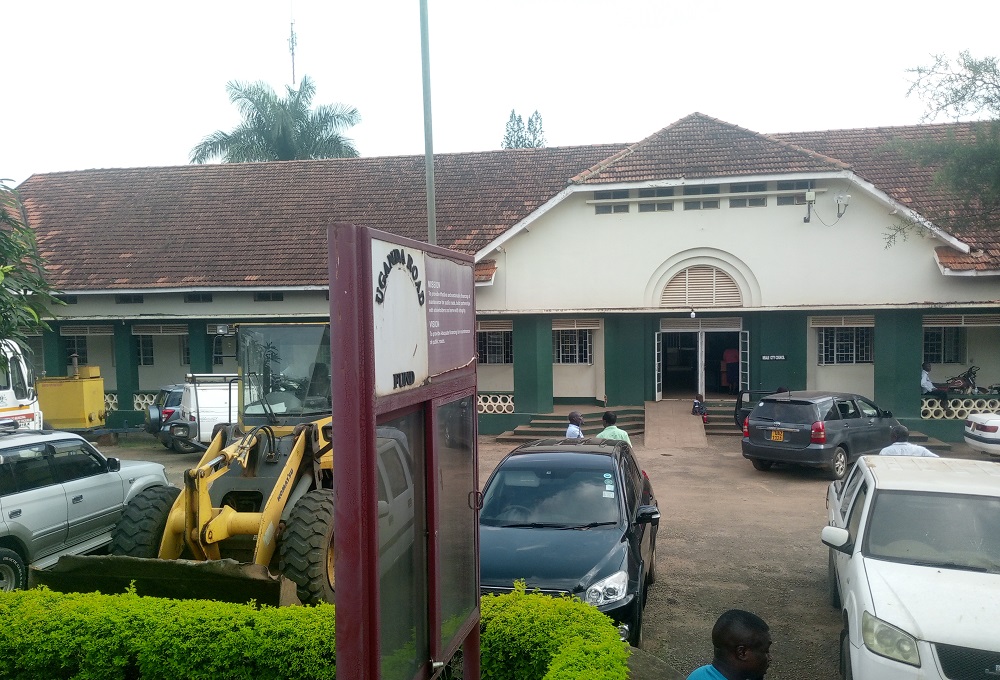By Steven Masiga
Both the Education Act, the Constitution of Uganda, and the Local Government Act are silent on whether councilors should or should not be the representatives of Local Council on various school Boards and School Management Committees (SMC). That being the case, we must look elsewhere for guidance on this controversial subject, which has attracted many complaints from members of the public.
For the uninitiated, members of the public have various negative observations on why councilors, who are primary lawmakers for local governments and also execute monitoring roles, should again appoint themselves to various committees in schools as school management committee members or as members of Boards of Governors in secondary schools, including representation in tertiary institutions.
Both the Education Act and Health Act empower local councils to constitute the various boards and SMC with representatives where members with some level of public integrity are supposed to be nominated to represent both government and council as core stakeholders in the running of schools.
Before I get into whether councilors should or should not be board members in schools, it is more meaningful to examine the legal provisions on the subject. The Education Act and the Local Government Act are silent on this question. However, the Education Act, particularly in Sec 26, empowers councilors on the education standing committee in the district and cities with supervisory powers over schools, cascading down to sub-counties and town councils with oversight roles in the education sector in their jurisdictions.
Local government councilors equally have general law-making powers in their localities, as enshrined in Sec 38 of the Local Government Act. This, again, can conflict with the law. Whom are councilors on school boards and SMC supposed to report to if there is conflict in schools? Under the doctrine of separation of power, if we extend that doctrine up to local governments, the roles of local councilors must be segregated so that lawmakers are not also law implementers. If this is accepted, councilors find themselves in this web and therefore should be declared persona non grata in school boards and SMC.
Councilors, by law, are broadly empowered to make ordinances that regulate the education sector in line with Article 79(2) and Sec 38 of the Local Government Act. With such vast law-making powers, they are better off staying in that lane as lawmakers for the education sector than becoming council representatives in schools. This means that, as lawmakers, they shouldn’t be the ones implementing the very laws in schools. Conversely, since councilors are empowered to make laws, they may end up making laws that favor them or, equally, make laws insulating them from any wrongs committed while in the leadership of schools.
There are certain administrative and political ramifications that may occur if councilors become council representatives in schools. Firstly, this could displease their voters, who may see councilors, LCV chairpersons, and mayors as greedy and avaricious politicians. Secondly, in the interest of natural justice, if there is a conflict between school administrators and board members, the “first trial court” is the council, and this may lead to a miscarriage of justice where the very councilors who are quarreling with the headmaster over resource sharing or other administrative malpractices are also members of “the coram.”
There are also other anticipated unethical ramifications we may draw from the above. Councilors may put a lot of pressure on headteachers for financial bailouts, especially when going for re-elections, and there is validated data on this assertion. Once the headmaster is reluctant to share the UPE or USE grants with them, an endless war over resource sharing will ensue.
To further validate the view that councilors may be targeting the resource envelopes, they are smart enough to rarely self-appoint themselves to primary school management committees (SMC), which have smaller envelopes. They instead target secondary and tertiary institutions with larger purses.
Even though the Tripartite provisions cited earlier are silent on councilors being on boards and school management committees as members, public perception does not support this, and given the general supervisory powers of councils over schools where councilors are political heads, it is much safer to stop councilors from being representatives in schools unless specifically permitted by law. Such laws should be cited during their appointment. Self-appointment by councilors should stop. The power they are clothed with is to appoint other persons with better administrative experience as opposed to self-appointment.
Councilors should be men and women who clearly understand the basics of administrative law so that they are not driven by these self-appointments, which are resented by their own voters and supporters. Their core task should be to receive reports on how schools are performing and not to write reports as board and SMC members.
Let us therefore not undermine the doctrine of separation of power as enshrined in the various statutes.
The writer is a legal scholar and former researcher at ULGA/A Code, from Mbale
Send us your story or opinion on: dailyexpressug@gmail.com. You can also follow Daily Express on WhatsApp for all the latest news and updates.


